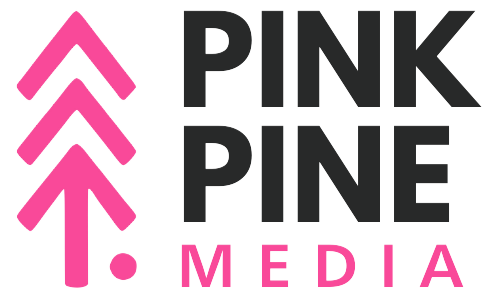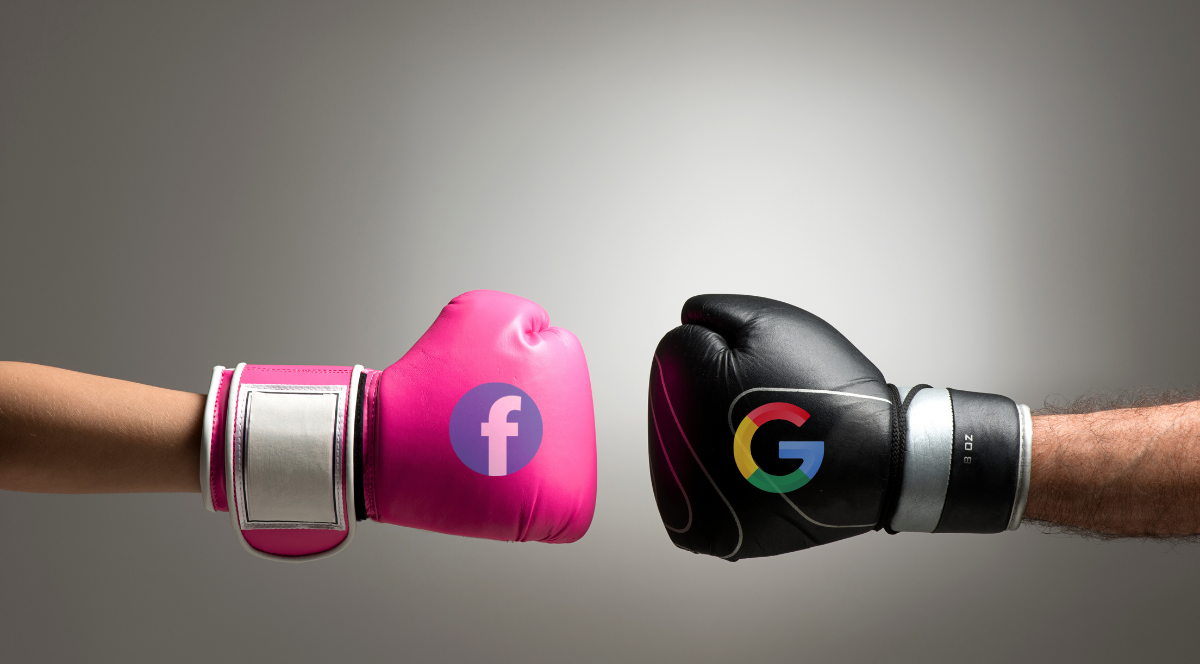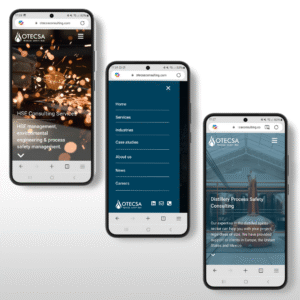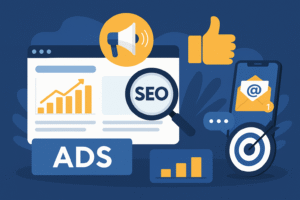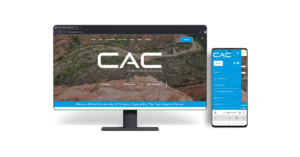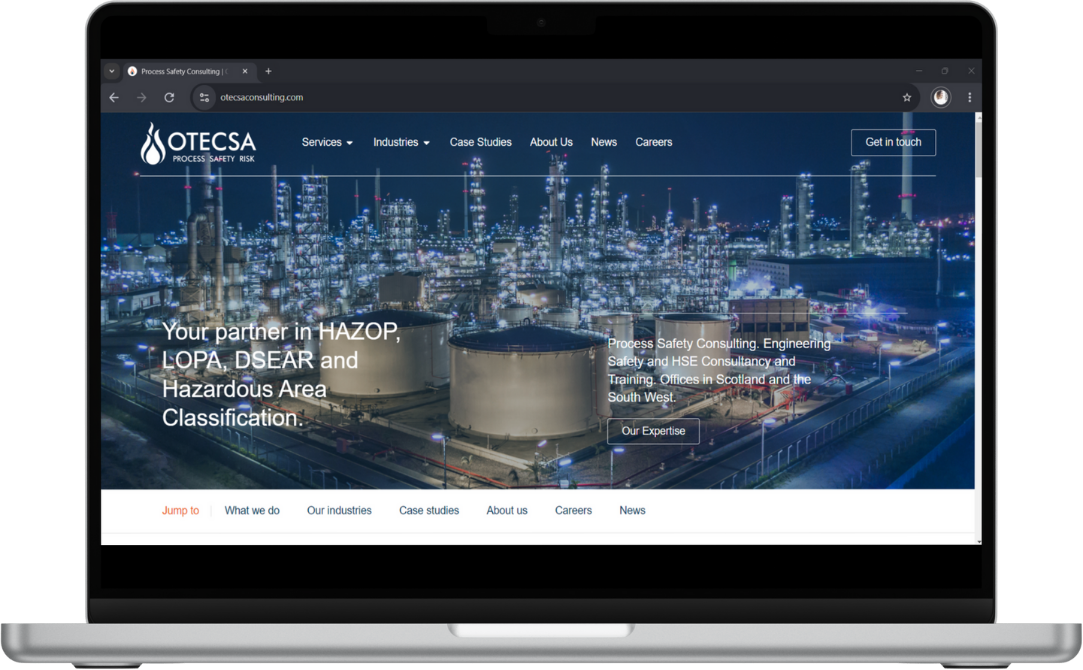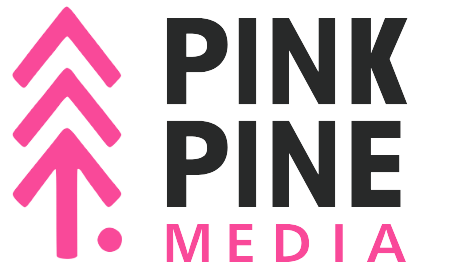Which Is Best for Your Business?
Introduction: The Advertising Showdown
When it comes to digital advertising, two platforms dominate the conversation: Google Ads and Facebook Ads. Both offer powerful tools to help businesses reach their target audience, but they work in fundamentally different ways.
For businesses in Glasgow, choosing between these platforms – or deciding how to balance them – can be the key to maximising your marketing ROI. In this guide, we’ll compare Facebook Ads and Google Ads, breaking down their strengths, weaknesses, and the types of businesses they’re best suited for.
How Facebook Ads Work
Facebook Ads are all about reaching users based on their demographics, interests, and behaviours. The platform allows you to create highly targeted campaigns, leveraging data from Facebook’s extensive user base to show your ads to the people most likely to be interested in your business.
For example, a Glasgow-based yoga studio could target women aged 25–40 who are interested in fitness and live within a 10-mile radius of their studio. Facebook’s granular targeting options make this possible.
How Google Ads Work
Google Ads, on the other hand, is intent-based. Instead of targeting users based on their interests, Google Ads places your business in front of people actively searching for products or services like yours.
For instance, a restaurant in Glasgow could bid on keywords like “best Italian restaurant near me,” ensuring their ad appears at the top of search results when someone is looking for a place to eat.
Strengths of Facebook Ads
1. Advanced Targeting Options
Facebook Ads let you target users based on:
- Age, gender, and location.
- Interests and hobbies.
- Life events (e.g., newly engaged couples).
This level of targeting is ideal for businesses that want to build brand awareness or promote visually appealing products.
2. Visual Appeal
Facebook Ads thrive on creativity. The platform supports high-quality images, videos, and carousel ads, making it perfect for businesses with visually striking offerings like retail, fashion, or food.
3. Building Brand Awareness
Facebook Ads are excellent for introducing your brand to new audiences. With engaging content and precise targeting, you can generate interest even if users aren’t actively looking for your services.
Strengths of Google Ads
1. High Intent Traffic
The biggest advantage of Google Ads is intent. Users who search for terms like “emergency plumber in Glasgow” are already looking for a solution, making them more likely to convert.
2. Extensive Reach
Google Ads extends beyond search. The Google Display Network allows you to show ads on millions of websites, and YouTube Ads let you reach users with video content.
3. Pay for Results
With Google Ads, you only pay when someone clicks on your ad. This makes it a cost-effective choice for businesses focused on driving immediate action.
Weaknesses of Facebook Ads
- Lower Intent: Unlike Google, Facebook Ads target users who may not be actively searching for your product or service. This can make it harder to drive immediate conversions.
- Ad Fatigue: Facebook users may see the same ads repeatedly, leading to lower engagement over time.
Weaknesses of Google Ads
- Higher Competition: Popular keywords can be expensive, especially for businesses in competitive industries like legal services or real estate.
- Limited Visual Appeal: While Google Ads supports display and video formats, its search ads rely on text, which may not suit every business.
Which Platform Is Best for Your Business?
Choose Facebook Ads If:
- You want to build brand awareness or engage with users based on their interests.
- Your product or service is visually appealing.
- You’re running promotions or events targeting specific demographics.
For example, a boutique fashion store in Glasgow could use Facebook Ads to showcase a new collection with carousel ads targeting fashion-savvy customers.
Choose Google Ads If:
- You want to target users actively searching for your product or service.
- Your goal is to drive immediate traffic or sales.
- You’re in a service-based industry like plumbing, law, or consulting.
A Glasgow-based plumber, for instance, could use Google Ads to target “24-hour emergency plumber Glasgow” and attract high-intent leads.
Using Facebook Ads and Google Ads Together
While each platform has its strengths, many businesses find success by combining the two. Here’s how:
- Use Facebook Ads for brand awareness and to generate interest among potential customers.
- Use Google Ads to capture high-intent leads ready to convert.
- Retarget users who visited your website through Google Ads using Facebook retargeting campaigns to bring them back.
For example, a Glasgow gym could run Facebook Ads to promote a new class, then use Google Ads to capture leads searching for “best gyms near me.”
Conclusion
Both Facebook Ads and Google Ads offer unique advantages, and the best choice depends on your business’s goals, audience, and budget. If you’re looking to build awareness and engage with a specific demographic, Facebook Ads are a great choice. If you want to drive high-intent traffic and conversions, Google Ads is the way to go.
By understanding how these platforms work and leveraging their strengths, Glasgow businesses can create advertising campaigns that deliver exceptional results.
Need help deciding between Facebook Ads and Google Ads? Contact us today for expert guidance and tailored advertising strategies!
